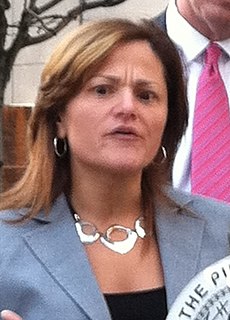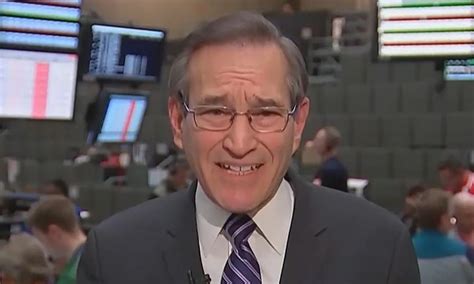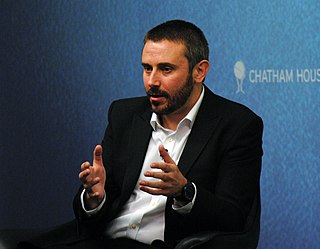A Quote by Cyril Ramaphosa
We have all the good policies, all right visions, but the problem is implementation. When we come out of national conference, we want those leaders we have chosen to be those who can implement policies.
Related Quotes
Under a democratic form of government, the people elect legislators and ministers to fulfil their policies. The role of the ministers is to give directions. The role of the bureaucracy is to implement those directions. If those who have to do the implementation are on strike, no policies can actually be implemented.
Just because you choose, AG Sessions and Trump, to, whole cloth, say that immigrants don't belong here and you are racist and you want to implement those policies, doesn't mean that New York as a city is going to enforce those policies. We have a different approach. And we believe that we are a welcoming city, and we support those who want to help us build this city.
My advice would be, as you consider fiscal policies, to keep in mind and look carefully at the impact those policies are likely to have on the economy's productive capacity, on productivity growth, and to the maximum extent possible, choose policies that would improve that long-run growth and productivity outlook.
One shouldn't pursue the wrong policies just because one is afraid of not being reelected. Those who intend to govern have to take responsibility for their countries and for Europe as a whole. This means, if need be, that they have to pursue the right policies, even if many voters think they are the wrong ones.
I come back to what I had said earlier: the policies might be there but are people benefiting from the policies? You do find that in many instances, though the policies exist, they are not having the necessary impact. That is a particular challenge in local government, because that is where all the services get delivered.
































